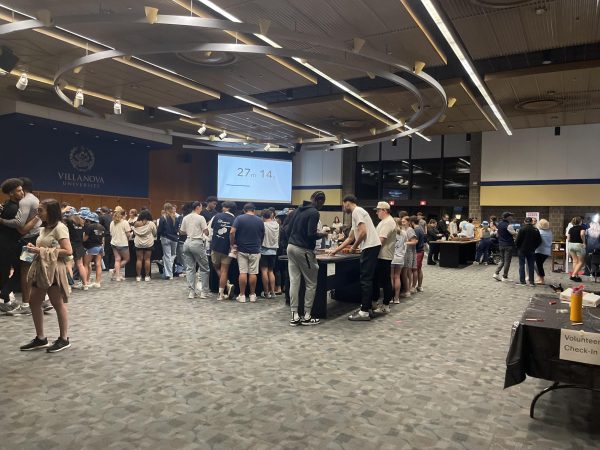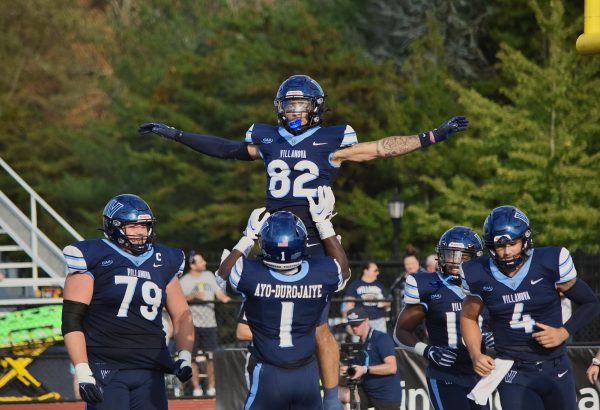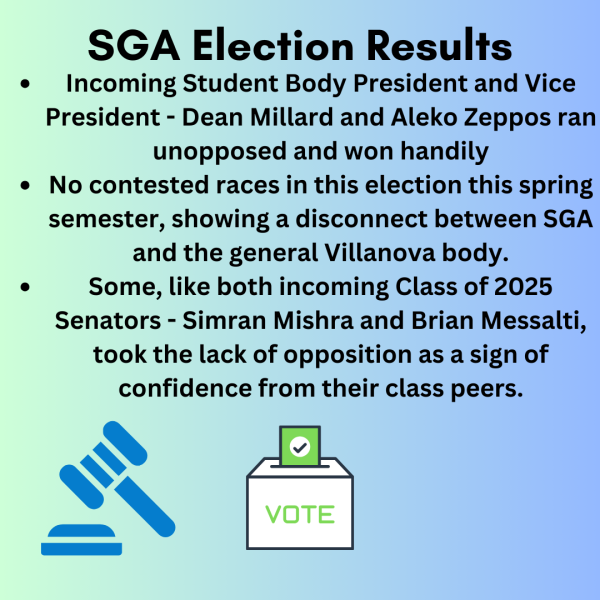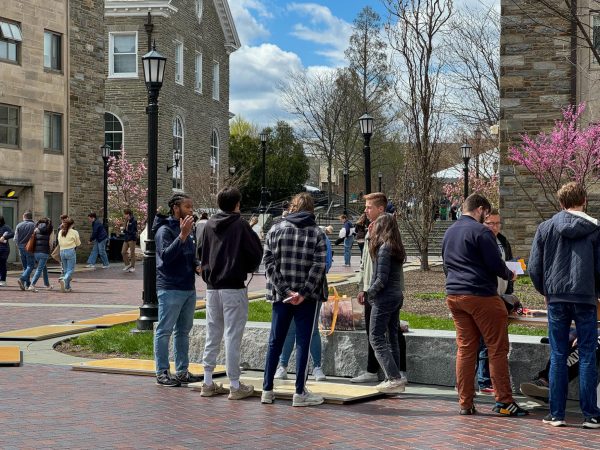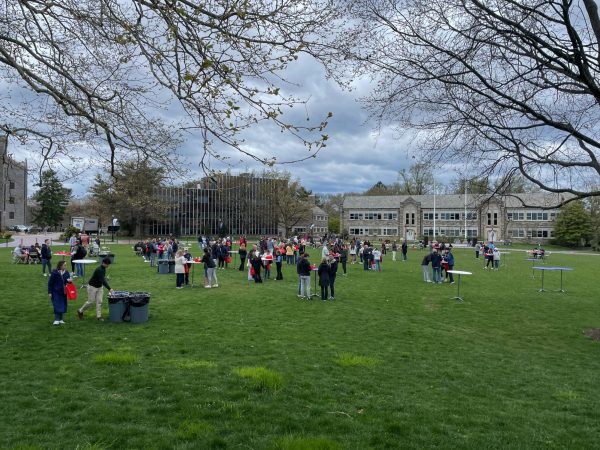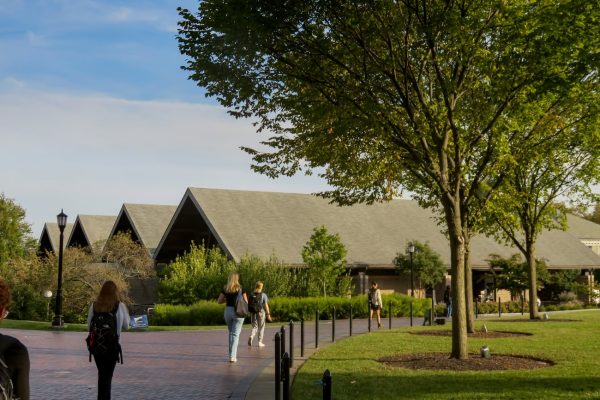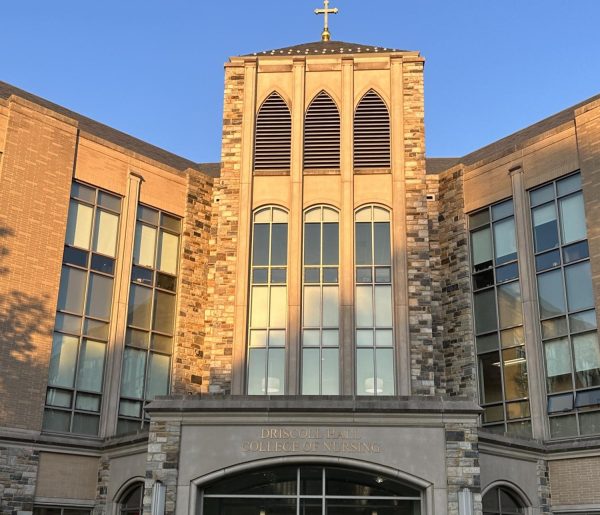‘Novans learn how to pay for Law School
March 19, 2015
Dr. Jeffrey Hanson, an authority on legal education finance and a Financial Consultant for the Law School Admission Council (LSAC), presented to 20 Villanova undergraduate students on Tuesday, March 10, at 10 a.m. in Falvey Memorial Library on how to finance a legal education.
“You need to start living like a law student today,” Dr. Hanson told Villanova students. “Eighty five percent of all students have to borrow money for law school and typically accumulate around $100,000-$200,000 in debt,” Dr. Hanson said.
Dr. Hanson offered advice on the best options for financing law school to minimize a student’s total debt accumulation. He explained that saving money now is crucial, because personal savings will help limit the amount a student needs to borrow in interest-accruing loans. Funding a higher education requires preparation and planning, so deadlines and procedures need to be followed carefully. “Do not pick the cheapest school based on the sticker price,” Hanson advised. “Look at what school will make you borrow the least when making your decision.”
Almost every school offers financial aid, grants and merit scholarships to help provide a more affordable education. Rarely do students pay the full advertised tuition rate for a school, but it does require time and effort to properly apply for the various form of aid available.
“The goal is not to get a JD law degree but to become a lawyer,” Hanson said.
Emphasizing the importance of keeping the end goal in sight, Hanson encouraged students to create a “39 Month Budget Plan” before undertaking law school. Financial aid is only available for 27 of those 39 months, with six months of summer and six months before the bar results, requiring prior financial planning.
Living and food expenses, textbooks, supplies, and personal expenses all need to be factored into the cost of attendance. Most first year law students are highly discouraged from working part-time during the school year because of the academic intensity of the first year, so students should not expect to earn money then. Summers are also a difficult time to earn and save money because many of the jobs available to law students are not paid positions but rather volunteer.
Jumping ahead to after graduation, Hanson informed students on what steps to take in repaying student loans.
“Funds must be repaid in the future,” Hanson warned.
Federal Direct Loans, like the Direct Unsubsidized Student Loan and the Direct PLUS Loan, are better options than taking out private loans as they offer more competitive and stable interest rates, according to Hanson. Hanson also discouraged students from beginning to pay back loans while in school and advised them to wait until after graduation to begin repayment.
Asking questions about application deadlines, scholarship opportunities and FASFA materials will make affording law school more manageable, according to Hanson. Websites such as LSCAC.org, SutdentAid.gov, and StudentLoans.gov are helpful resources in the financing a legal education.



